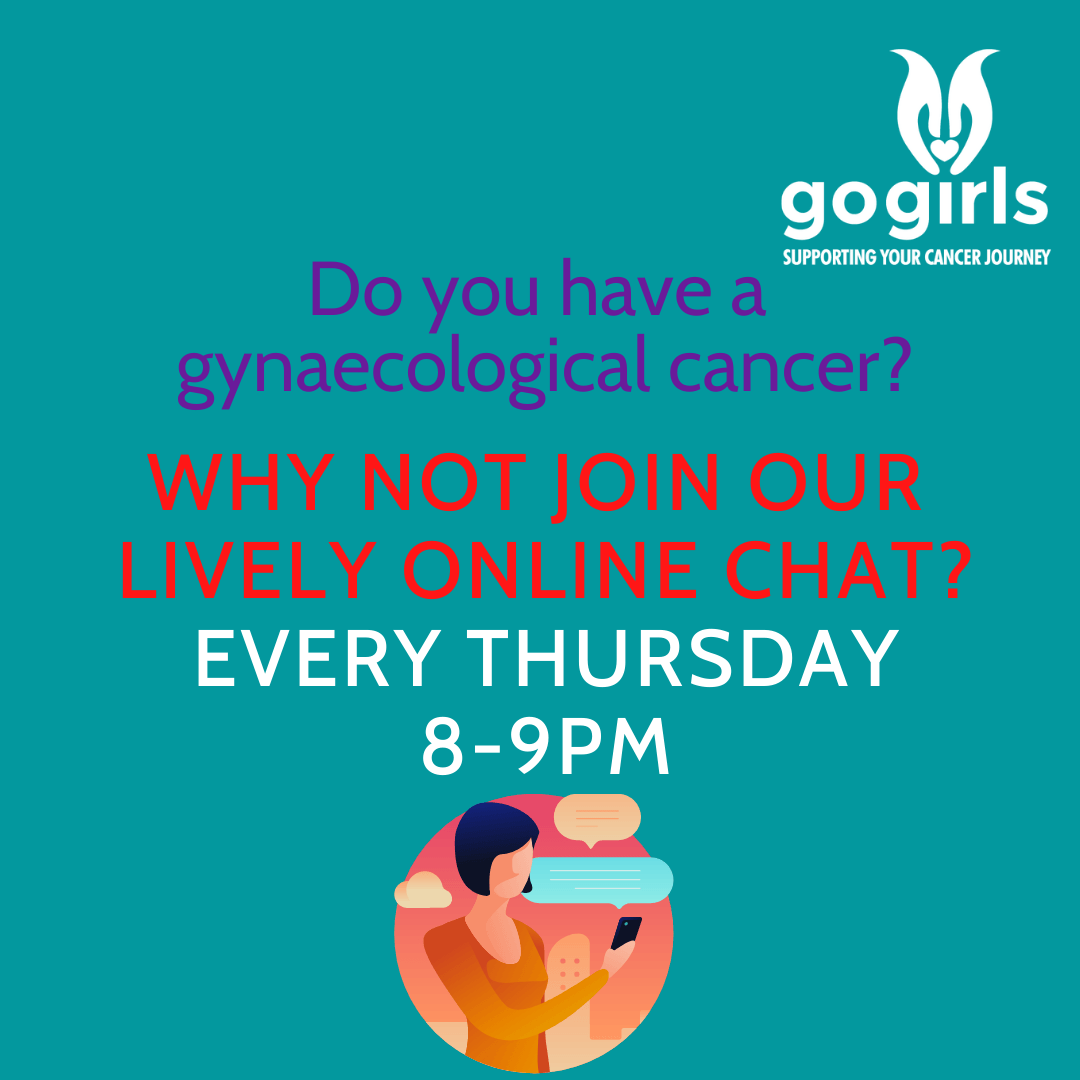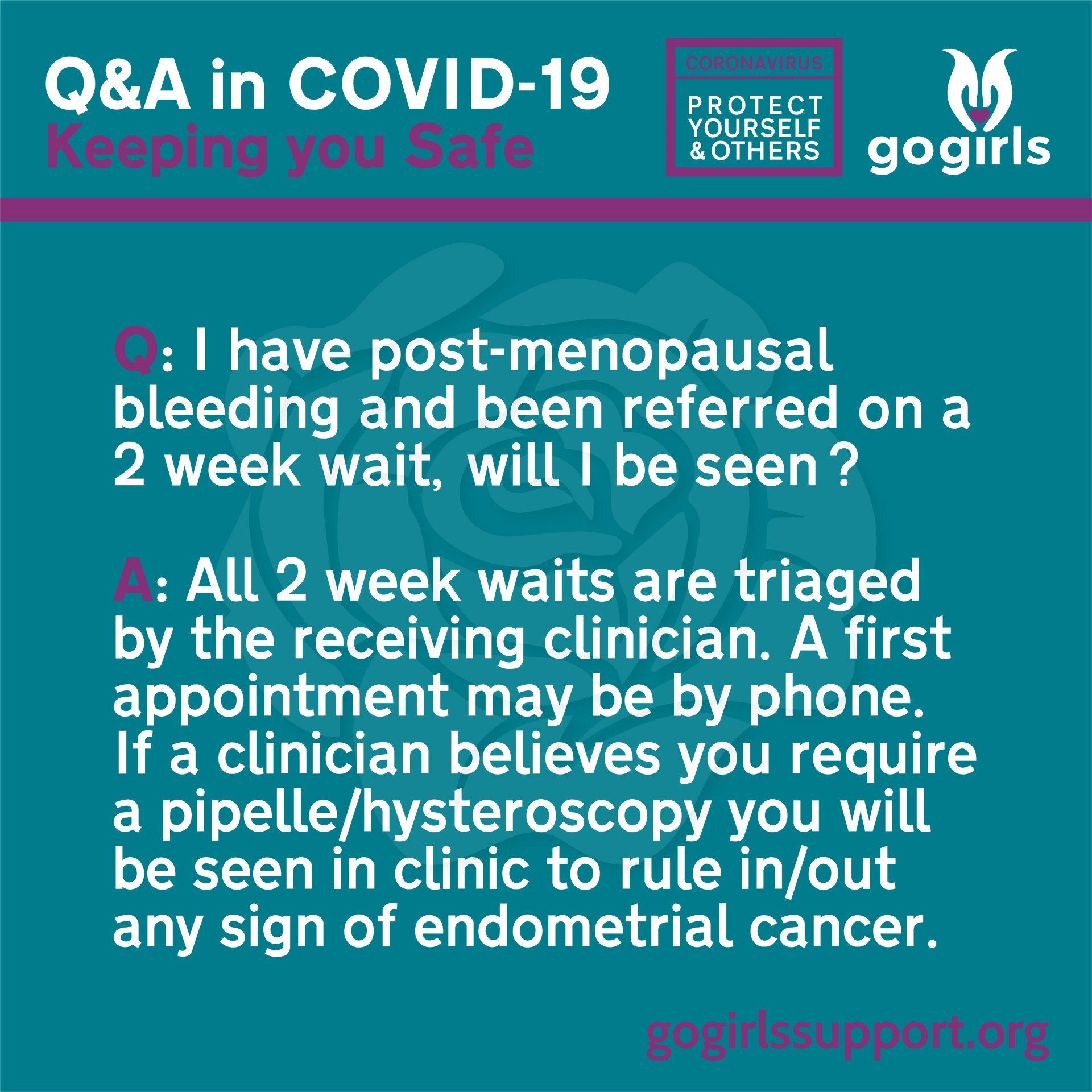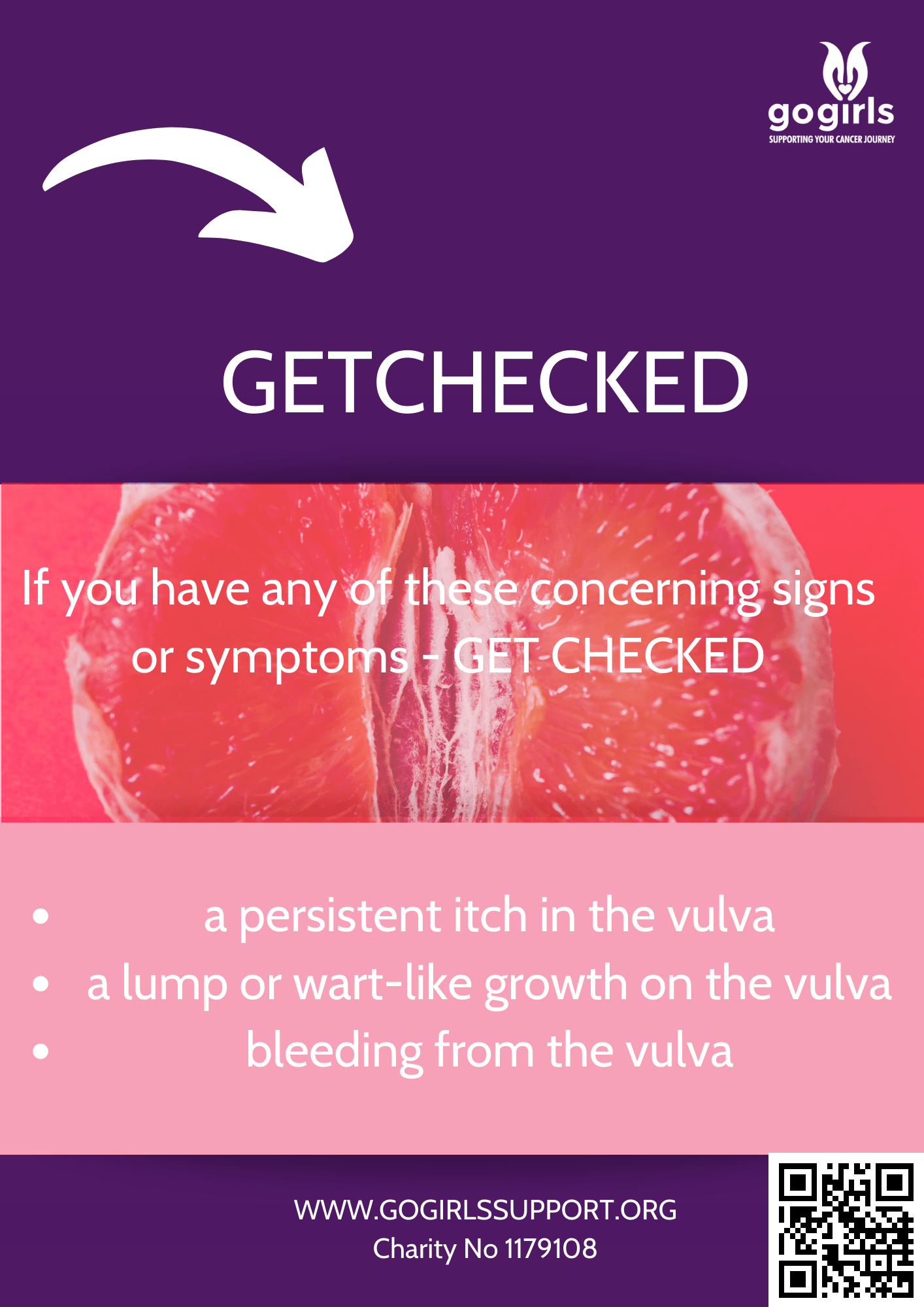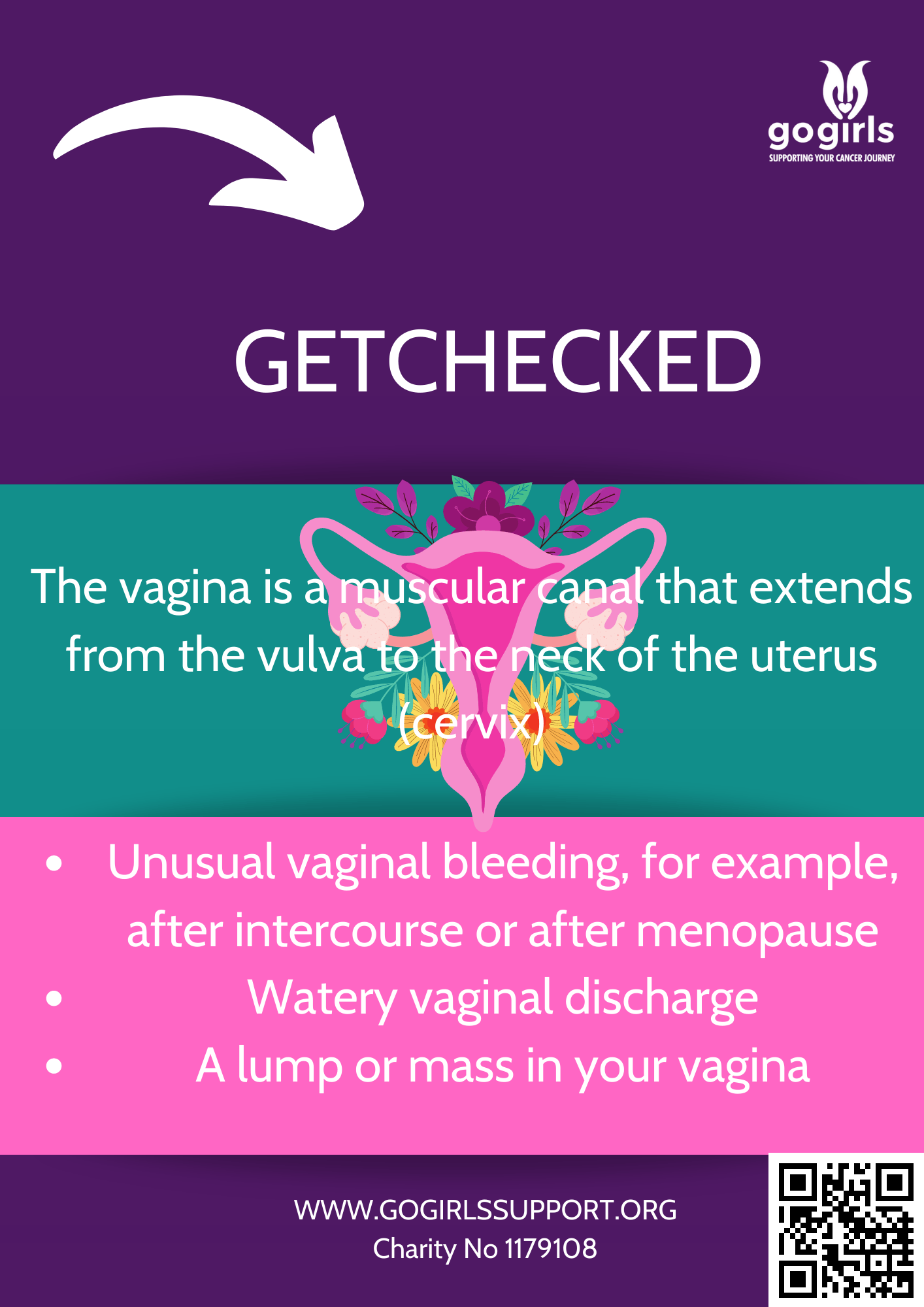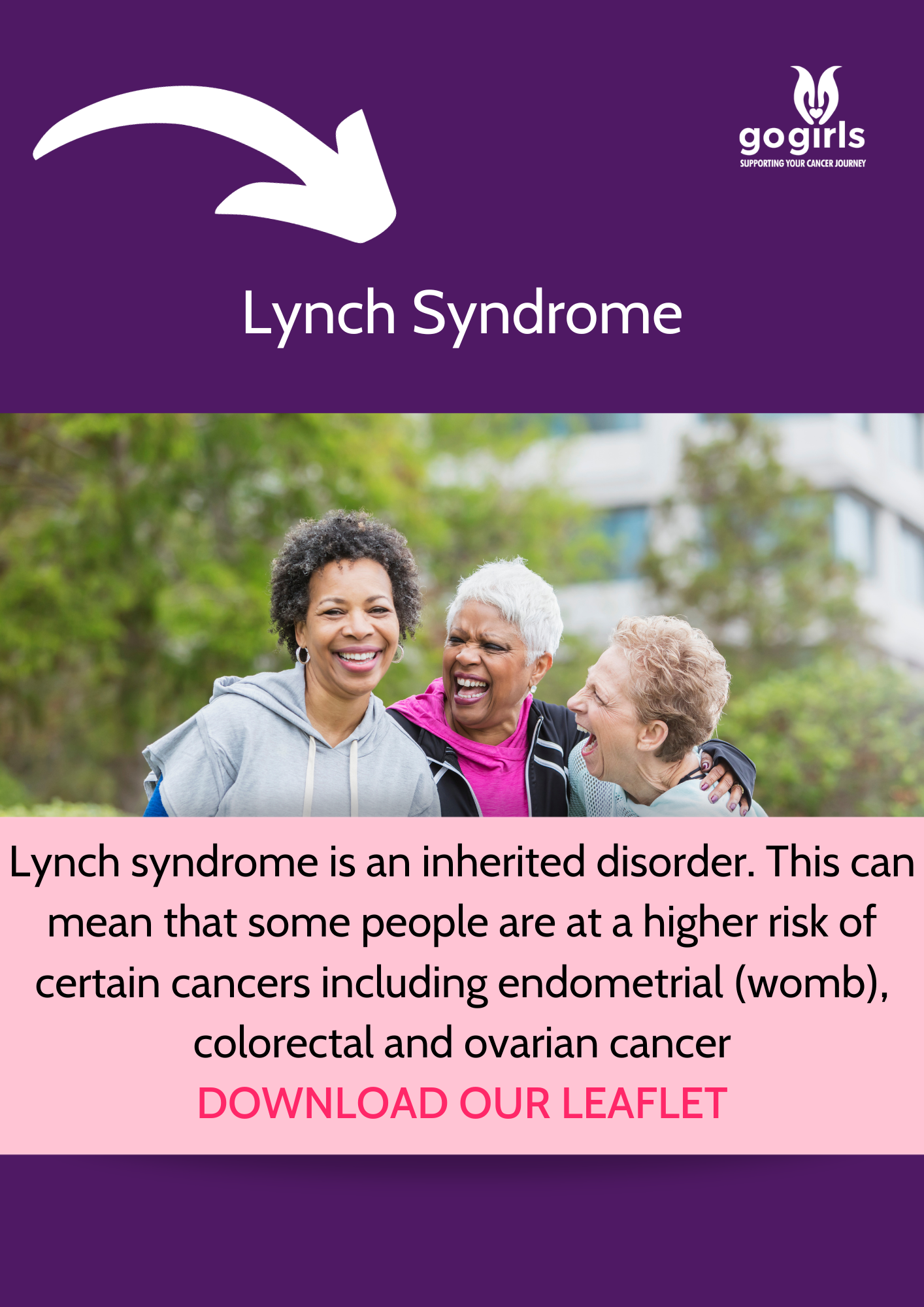What’s new in cancer prevention surgery
- by Adam Rosenthal PhD FRCOG, Consultant Gynaecologist and Honorary Associate Clinical Professor
- •
- 10 May, 2019
In the context of gynaecological cancer, prevention (or ‘risk-reducing’) surgery is offered to women at sufficiently high risk of ovarian and womb (endometrial) cancer. Usually, this would be two groups of women:
The first are those with inherited mutations in the genes BRCA1, BRCA2, BRIP1, RAD51C and RAD51D, or those with a sufficiently strong family history of ovarian and breast cancer. These women are offered surgery (usually via the ‘keyhole’ route) to remove their fallopian tubes and ovaries in order to prevent ovarian cancer (which actually starts in the fallopian tubes in most of these cases). Keyhole surgery results in a faster recovery time and reduces the risks of infection, and blood clots in the legs, pelvis (‘deep vein thrombosis’ or ‘DVT’) and lungs (‘pulmonary embolus’ or ‘PE’).
The second group are those with Lynch Syndrome; an inherited condition due to mutations in genes which can increase the risk of bowel, womb, ovarian, and some rarer cancers. Again, those with a sufficiently strong family history of these cancers will also be classified as having Lynch Syndrome. Women with Lynch Syndrome are offered a ‘total’ hysterectomy (which includes removal of the cervix) along with removal of the fallopian tubes and ovaries at the same time, usually via the ‘keyhole’ route.
In this article, I will describe recent advances in knowledge about these two groups of patients, which are changing the ways in which cancer prevention surgery is offered.
Lynch syndrome – how awareness of which mutation a woman has may affect when she decides to have surgery and what type of surgery she has
Recently it has become clear that not all the different inherited genetic mutations which can cause Lynch syndrome increase ovarian cancer risk. Whilst MLH1, MSH2 and MLH6 mutations do increase ovarian cancer risk, PMS2 mutations do not. This mean that women with PMS2 mutations can avoid removal of their ovaries when they have a hysterectomy to prevent womb cancer. It has also become apparent that PMS2 mutations cause womb cancer at older ages than other Lynch Syndrome mutations. Therefore, such women may opt to delay their surgery until closer to natural menopause.
Although hysterectomy on its own can still result in an earlier menopause, because the operation damages some of the blood vessels which supply the ovaries with oxygen, it does mean that women are unlikely to go through menopause soon after surgery if they have it in their early 40s. Delaying early menopause until closer to the age of natural menopause (usually around 51) has many advantages, such as reducing menopausal symptoms (which can include hot flushes, night sweats, mood and sleep disturbance, as well as reduced libido). In the longer term, it also reduces the increased risk of brittle bones, heart disease, stroke and dementia which can occur with an early menopause.
Women with Lynch Syndrome who decide to undergo cancer prevention surgery should ensure their gynaecologist is clear as to which mutation they carry, and whether they need to have their ovaries removed or not. They should also ensure their gynaecologist is aware that it is entirely safe for most women to take hormone replacement therapy (HRT) if they have an early menopause as a result of their hysterectomy. In fact, failing to take HRT until the age of natural menopause in this situation exposes women to the risks mentioned above, therefore they should be prepared to take HRT following surgery.
Risk-reducing surgery for women at risk of ovarian cancer – is it safe to remove the fallopian tubes then wait until menopause before removing the ovaries?
For women at risk of ovarian cancer because of inherited mutations in the genes BRCA1, BRCA2, BRIP1, RAD51C and RAD51D, or a strong family history of ovarian and breast cancer, the safest option is to have their fallopian tubes and ovaries removed. For women with most of these mutations, surgery is recommended before the age of natural menopause, because ovarian cancer can occur before then. However, surgery before natural menopause can cause the problems discussed above.
We have been aware for a few years that in this group of women, nearly all the ovarian cancers actually develop from the end of the fallopian tubes nearest to the ovaries. Because removing just the tubes would probably avoid a significantly early menopause for most such women, it would be a real advantage if this was a safe option. As a result women can now opt to join the ‘PROTECTOR’ research study (http://protector.org.uk) in which they are given the option of a two-stage approach to have the tubes removed first and then return to have their ovaries removed when they are closer to or have already been through the menopause. We don’t know if this offers as much protection as removal of the ovaries and tubes at the same time, but it does give women the chance of avoiding the side effects of an earlier menopause. Although most women in this situation (except those with previous breast cancer) can take HRT, this isn’t always able to deal with all of the negative consequences of an early menopause. It would be a real step forward in the quality of life for such women if this two-stage approach to cancer prevention surgery was found to offer effective protection with reduced side-effects.
Written by: Adam Rosenthal PhD
FRCOG
Consultant
Gynaecologist and Honorary Associate Clinical Professor
University College
London Hospitals
Recent Articles

In the process of becoming a lawyer, Jessica has played a pivotal role in assembling and guiding several businesses on a multitude of levels that assist in promoting ethical, social and industry standards. Alongside providing hands-on support to businesses, Jessica is a founder of charity Bona Fide, where she established and drove forward the ‘Beyond Bluewashing’ initiative, to bring public attention to the unethical corporate world and its effects on society. In addition, she has published many academic journals, articles and law reviews in the area of business law, as well as encouraging corporate philanthropic encouragement. Jessica is a keen advocator for causes close to her heart, one of which is related to GO Girls, as she is passionate about propelling forward awareness on these overshadowed cancers that impact many globally.







